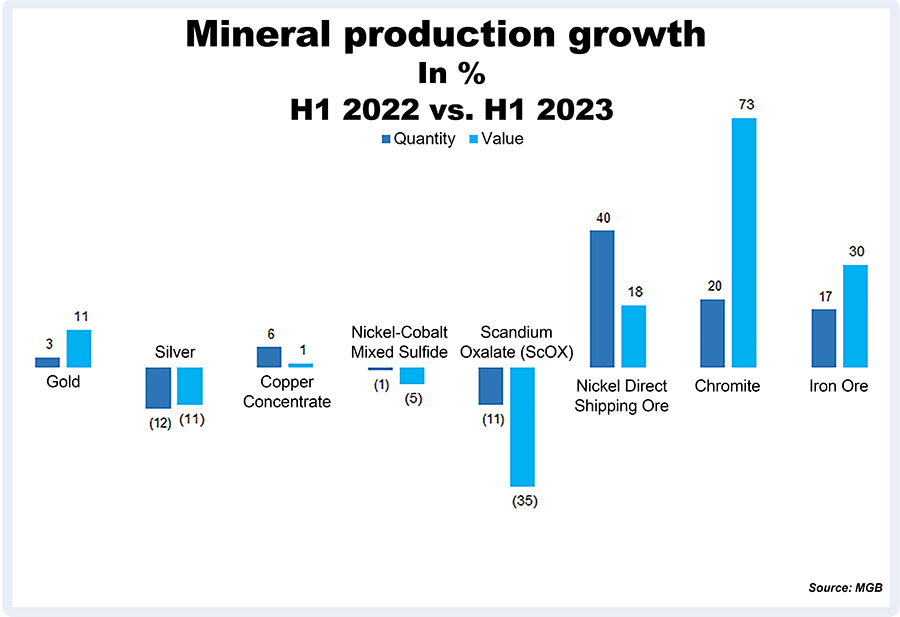With the implementation of the price caps on rice today, the Bureau of Customs (BOC) said it will intensify ongoing inspections of warehouses of imported rice to combat hoarding and illegal importation.
“We have been instructed by the President to inspect warehouses storing imported rice and ensure (the shipments have) undergone the proper processes, paid taxes, and possesses the necessary permits and clearances. We will also check for any hoarding of rice that could affect market prices,” said BOC assistant commissioner Vincent Maronilla in a televised briefing yesterday.
Over the past weeks, the BOC has reported the discovery of millions worth of rice grains and palay in several warehouses in Bulacan province.
Maronilla said approximately 500,000 sacks of rice have been subject to inspection.
The warehouse owners are given 15 days to produce the necessary documents.
If these sacks of rice are proven to be smuggled, Maronilla said these can be donated by the government to Kadiwa stores.
Under Executive Order (EO) No. 39, which slaps nationwide price caps on regular milled and well-milled rice, at P41 and P45 per kilogram, respectively, the BOC has been instructed to facilitate the confiscation, seizure or forfeiture of smuggled rice, as may be warranted law. The executive order, signed by Executive Secretary Lucas Bersamin on behalf of the President, also mandates the Department of Agriculture (DA) to collaborate closely with the BOC by providing essential assistance, which include the sharing of vital information such as the inventory of rice stocks, a list of accredited rice importers and the locations of rice warehouses.
More stakeholders expressed concern over the price caps.
Cathy Estavillo, Bantay Bigas spokesperson, said the price ceiling is a “palliative measure” that would not resolve pricing and supply issues and that it is in fact not a “threat to big traders, hoarders, smugglers or the rice cartel.”
The Kilusang Magbubukid ng Pilipinas (KMP) said “artificially lowering the retail prices of rice without addressing the high cost of farm inputs and other long-standing problems of the domestic rice industry is counterproductive and will considerably favor big rice traders, importers and the rice cartel.”
Based on public markets monitoring by the DA in the National Capital Region as of Friday, the per kg price of imported rice range from P53 to P65 for special variety; P53 to P56 for premium and; P43 to P52 for well milled.
No data is available on the price of imported regular milled rice.
For local rice, special variety is at P54 to P65 per kg; premium at P48 to P60 per kg; well-milled at P47 to P57 per kg; and regular milled at P42 to P55 per kg.
Compared to the earliest monitoring of the DA for the year last January 2, the price of some rice varieties has gone up by P15 per kg at most.
Meanwhile, the DA through the Philippine Rice Research Institute (Phil Rice) is optimistic about linking more clustered farm groups with the private sector for sustained collaborations.
Karen Eloisa Barroga, Phil Rice deputy executive director for development, said the Institute, in partnership with other government agencies, continues to cluster; strengthen rice production, entrepreneurial and organizational skills; and link farmers to market to improve their income as part of their Rice Business Innovations System (RiceBIS) Community Program.
Barroga said RiceBIS has 23 farming communities with 214 clusters composed of 125 farmer organizations, covering almost 10 thousand hectares nationwide.
The agency said its most recent successful linking involved the RiceBIS Negros Agrarian reform Cooperative (NARCO) in Negros Occidental and the RiceBIS Castillejos Farmers Agriculture Cooperative in Zambales. Jed Macapagal





